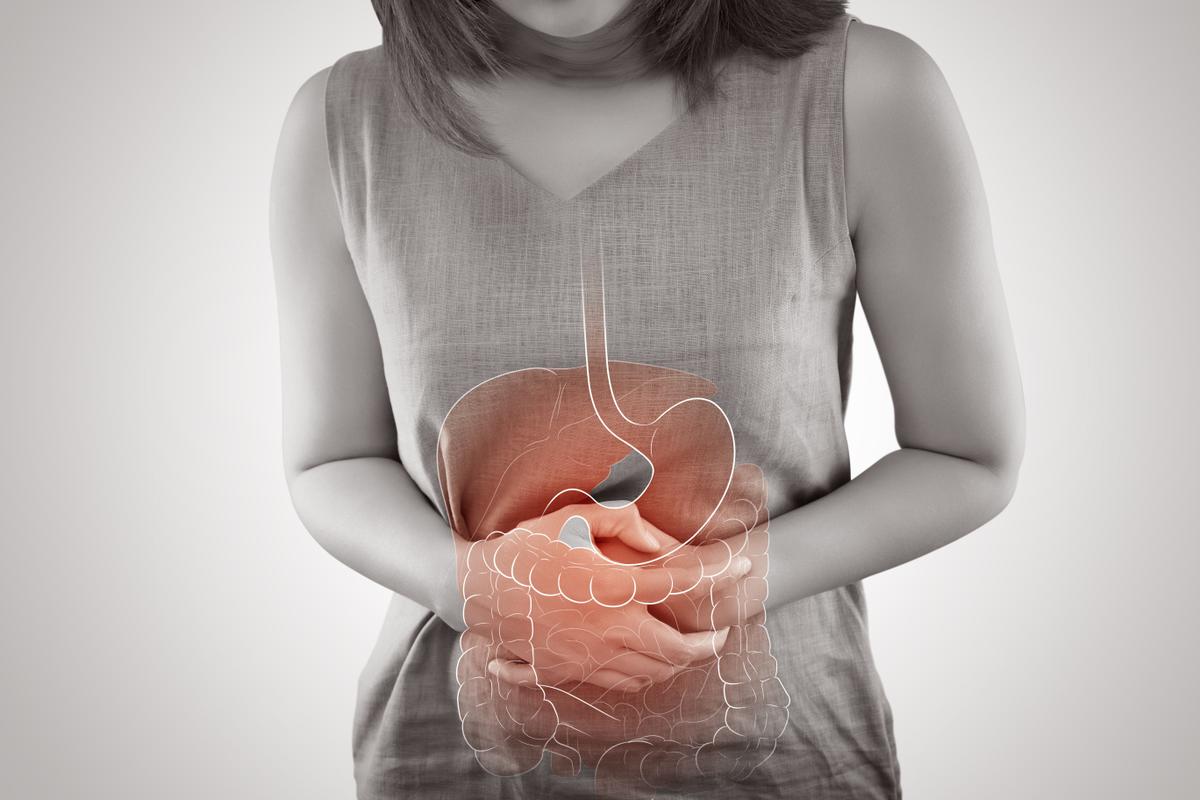One drug for different types of inflammation
In addition to anti-TNF-alfa and vedolizumab, there has been a third class of biological drugs for Crohn's Disease since 2018: ustekinumab. It is an antibody that neutralises a number of important inflammation proteins, and has been used for other inflammation disorders. “Many patients with Crohn's Disease also suffer from arthritis or psoriasis. The big benefit of the new treatment is that it tackles various inflammation with one drug”, according to prof. dr. Séverine Vermeire, gastroenterologist at the University Hospitals Leuven.
Furthermore ustekinumab is user-friendly because patients only have to come to the hospital once for their first dose, and can administer the follow-up injections every 8 weeks themselves.
The big benefit of the new treatment is that it tackles various inflammation with one drug.Prof. dr. Séverine Vermeire - gastroenterologist
Evidence from the real world
Until recently there was no real world evidence for the efficacy and the safety of ustekinumab. This is literally 'proof from the real world', from all patients using the drug worldwide. It is an important addition to the controlled clinical trials which are usually necessary for the official approval of a drug, but are usually only tested in a select population. “Patients with a medical history of other disorders, such as cancer, or with a stoma for example, often don't qualify for participation in clinical trials. But it is still important to know whether a new drug also works for them and is safe”, professor Vermeire explains.
A large trial in various Belgian hospitals has recently confirmed the efficacy and safety of ustekinumab in 152 patients that did not, or no longer, benefited from other biological therapies. For 35 procent of the patients, the inflammation remained successfully surpressed after one year after the first administration of ustekinumab. Also in another real world study which only studied a number of University Hospitals Leuven patients, the results for ustekinumab were good. It did however reveal that the optimal dose can vary from patient to patient and that some require a higher dose in time.
About Crohn's Disease
Together with colitis ulcerosa, Crohn's Disease belongs to the category inflammatory intestinal disorders. It is estimated 40,000 Belgians suffer from it. The illness is characterised by a persistent inflammation of the gastrointestinal tract and cannot be cured today. Patients have to be treated for the rest of their lives in order to permanently surpress the inflammation.
This is why in recent years, research focusses mainly on ways of managing the cause of the inflammation and by doing this preventing it. Professor Vermeire: “We strongly invest in biological drugs that are based on natural protective substances, such as antibodies from our immune system, but also so-called 'small molecules’ that simultaneously surpress various inflammation proteins.”
